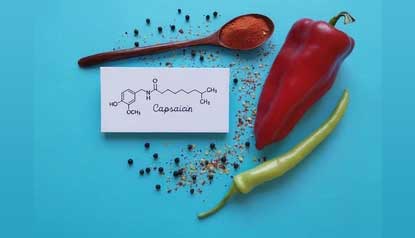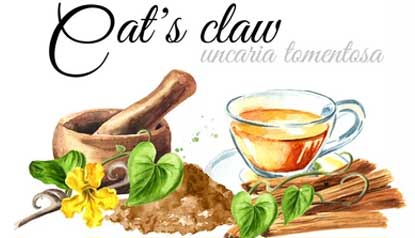There are so many joint supplements out there, so how do you know which ones are the best? In this article, I’ll discuss three of the most common ingredients you should look for. These ingredients include Glucosamine sulfate, Capsaicin, Stinging nettle extract, and Cat’s claw extract.
Capsaicin

The active ingredient in capsaicin is found in a variety of topical joint pain relievers. Other common supplements contain cat’s claw extract, which has anti-inflammatory and immunity-enhancing properties. Stinging nettle has many of the same benefits as capsaicin, but is much more natural. Capsaicin is also a good addition to topical pain relief creams, Link klicken.
One side effect of capsaicin supplements is the possibility of raising your body temperature. The compound affects receptors in the body that regulate heat, so ingesting too much can result in an uncomfortable feeling. However, capsaicin is generally not dangerous and does not cause fever. If you’re concerned about the side effects of capsaicin, it’s best to talk with your healthcare provider first.
Glucosamine sulfate
Glucosamine is one of the building blocks of your joints and cartilage. It also contributes to the fluid surrounding the joints. Taking joint supplements containing glucosamine can improve the health of your joints and cartilage by slowing the progression of osteoarthritis and rheumatoid arthritis. However, it is important to know that taking this supplement may not work for everyone. Some people are allergic to shellfish, so you should choose a glucosamine sulfate product.
Various clinical trials have been conducted to determine the effectiveness of glucosamine sulphate in treating osteoarthritis. In a 2007 study, sixty participants were randomly assigned to take either a placebo or a glucosamine sulfate sachet. The placebo group had no significant effect on pain, stiffness, or overall function. The glucosamine sulphate group had significant improvements in pain and stiffness, and their function and quality of life improved. However, the supplement was associated with side effects such as heartburn and an all-over itch. Another recent trial found that glucosamine sulphate was similar to paracetamol in terms of effectiveness.
Stinging nettle extract
There are many types of stinging nettle, but we’ll focus on a specific kind for the purpose of this article. This plant has been used for thousands of years to treat osteoarthritis, sore muscles, and other conditions causing pain. Applied directly to the skin, stinging nettle is highly effective in relieving joint pain. In addition to its topical applications, it is also a powerful herbal supplement.
The nutrients in stinging nettle act as antioxidants and defend the body against free radicals, which are responsible for aging, cancer, and other harmful diseases. By boosting your blood antioxidant levels, you’ll be protecting your body from these harmful compounds. While inflammation is normal in the body, chronic inflammation can do serious damage. Certain stinging nettle compounds reduce inflammation by blocking the production of inflammatory hormones.
Cat’s Claw Extract

A randomized, double-blind study published in the Journal of Rheumatology in 2002 found that cat’s claw extract could reduce symptoms of rheumatoid arthritis. This extract was found to reduce joint pain and swelling by as much as 50%. You can take cat’s claw as a pill, capsule, or tea bag. The recommended daily dose is 250 to 350 mg. It is derived from a Peruvian plant called uncaria tomentosa, which is also known as cat’s claw.
Conclusion:
The active ingredient in cat’s claw extract is epicatechin, which has anti-inflammatory properties and is believed to reduce the risk of diabetes. The extract also contains oleanic acid, which is a powerful antioxidant that supports liver health. Additionally, it contains quinic acids, which have been studied for their ability to improve antioxidant function and support cellular DNA repair. However, these results are not conclusive.